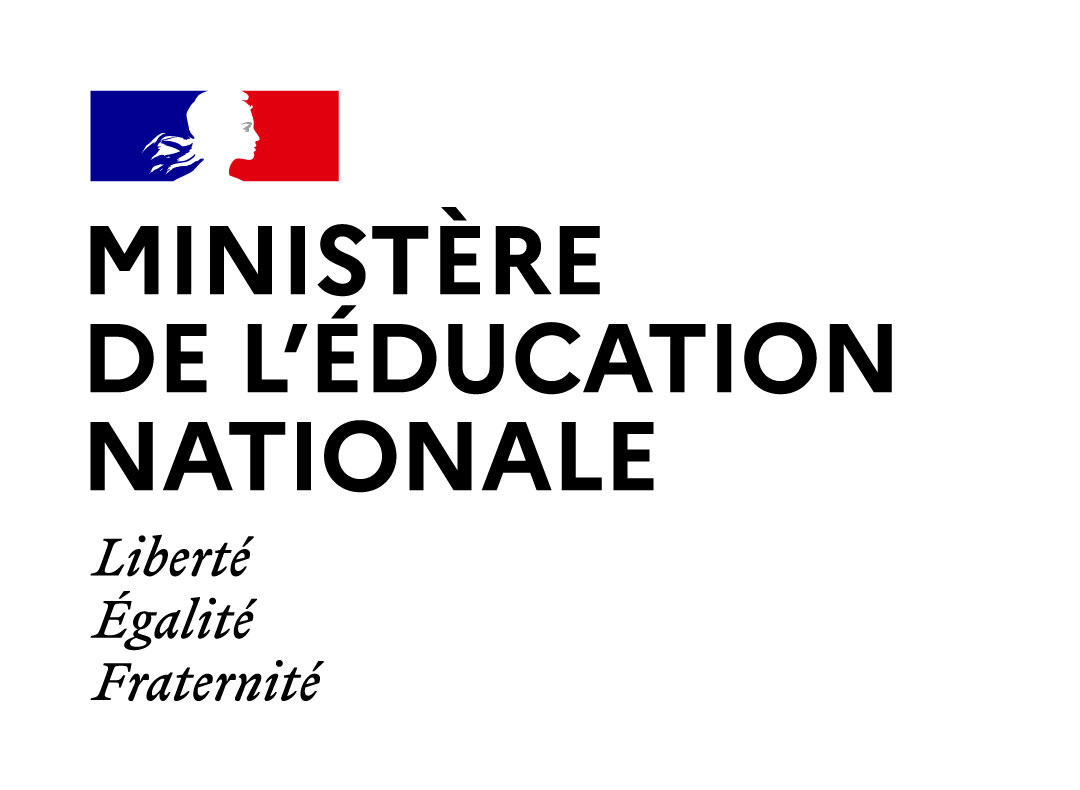
Primary School
Primary School consists of Nursery school and Elementary school. At the start of the 2019 school year, schooling will be obligatory from age 3. Nine out of ten French pupils already begin their schooling at Nursery school, age 3.
Mis à jour : juin 2023
The amount of weekly class time in primary school is 24 hours, with a break-time interlude in the middle of each day. The school year comprises 864 hours of teaching.
Refresher courses are proposed during school holidays to voluntary pupils who show serious shortcomings. These courses take place over five days with three hours of daily teaching tailored to the needs of the pupil.
Nursery School
Attendance is mandatory from 3 years old. It is possible for children aged under 3 to enter the school system; development of this option has been prioritised in schools located in socially disadvantaged areas in both urban, rural and mountainous regions, as well as in overseas territories and departments.
The training provided at nursery school favours the arousal of childrens' personality, stimulates their sensorial, motor, cognitive and social development and contributes to their emotional growth. It endeavours to develop, within each child, the will and the pleasure to learn, in order to allow them progressively to become a pupil.
Nursery school brings the pupils a first approach of basic tools of knowledge, prepare them to fundamental learnings provided at elementary school and teach them the principles by which to live in society.
Cycle 1 (early learning cycle)
Lessons learned at nursery school (Cycle 1 - early learning cycle) have been organised into five areas which work with the natural development of the child :
- language usage
- self-expression through physical activities
- self-expression through artistic activities
- starting to develop the tools to structure thinking
- exploring their environment
The emphasis is on the aquisition of language and its development, the discovery of words and numbers, as well as learning to live together and with others.
For more information on the new French Nursery school organisation implementation, click here.
Elementary School
The training provided at elementary school insures the acquisition of basic fundamental knowledge tools : oral and written expression, literacy, numeracy and problem solving, and fosters the intellectual development, the artistic sensitivity, manual, physical and sports aptitudes. It provides the elements of a historic, geographic, scientific and technic culture. It offers an education in visual and music arts. It insures the teaching of a foreign modern language and can include an initiation into cultural diversity. It also contributes to digital and media literacy. It insures the acquisition and the understanding of the respect due to individuals, for their origins and differences. It also transmits the need to respect children's rights and gender equality.
The Common Core of Knowledge, Skills, and Culture
Students begin aquiring the Common Core in elementary school. Designed to identify the knowledge, skills, values, and attitudes necessary for student to be successful in their schooling, personal life, and life as a future active citizen, the Common Core is taught through different pedagogical methods and courses. For example, students will start to develop critical thinking skills in their Moral and Civic education course. The Common Core is taught to students age 6-16, where they begin learning about it in elementary school first;
To learn more about the Common Core, click here.
Subjects and disciplines
In elementary school, students are taught several different subjects and disciplines. They learn: French, a modern language, art, music, physical education and sports, moral and civic education, history-geography, and math. Each of these subjects is taught so that students learn not only basic facts and information, but the methodology on how best to learn and engage with this new material. Some skills which hope to be developed and drawn out of these subjects include: critical thinking, oral and written comprehension, mathematical and spacial comprehension, reasoning, language learning, personal and emotional expression, following the rules and being responsible, adapting to various environments, and how to work individually or as a team to achieve certain goals.
Cycle 2 (fundamental learning cycle)
During Cycle 2 (fundamental learning cycle), priority is given to the mastery of languages. French language constitutes the central learning item for pupils to acquire strong reading and writing skills. Through language, they learn to make connections between different subjects and disciplines, and to give meaning to their instruction. In Cycle 2, students also begin to learn a foreign or a regional language. Furthermore, they are taught how to complete basic learning activities and to justify rationally their answers and approaches. Through regular memorization activities, activities that allow running approaches and basic skills automatically, and comprehension activities, they gradually access to more complex knowledge.
Cycle 3 (consolidation cycle)
During Cycle 3, pupils reinforce and stabilise the base knowledge learned in Cycle 2, particularly language proficiency, which is essential to learning other subjects such as French, mathematics, art and body expression. Students are gradually introduced to academic subjects and their specific knowledge, language, approaches and methods, especially history and geography, science and technology. Their capacity for abstract analysis increases and they begin to produce and structure their thoughts by taking in new knowledge.
Schools take into account the different aptitudes of each pupil. As well as reasoning and intellectual reflection, other skills are developed, such as observation skills, experimentation, sensitivity, motor skills and creative imagination.


